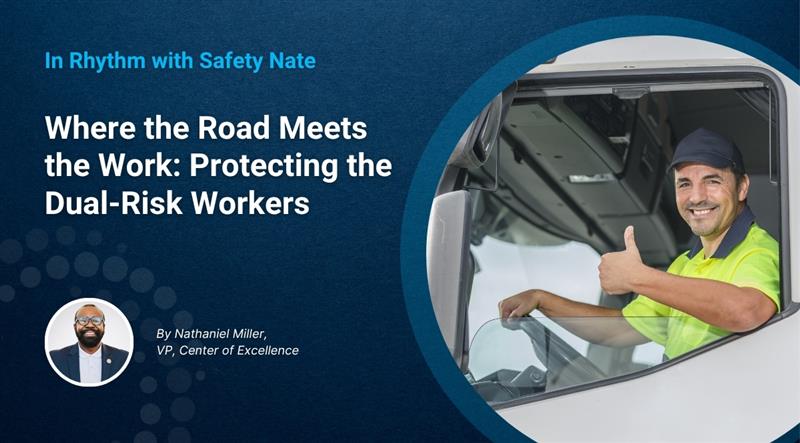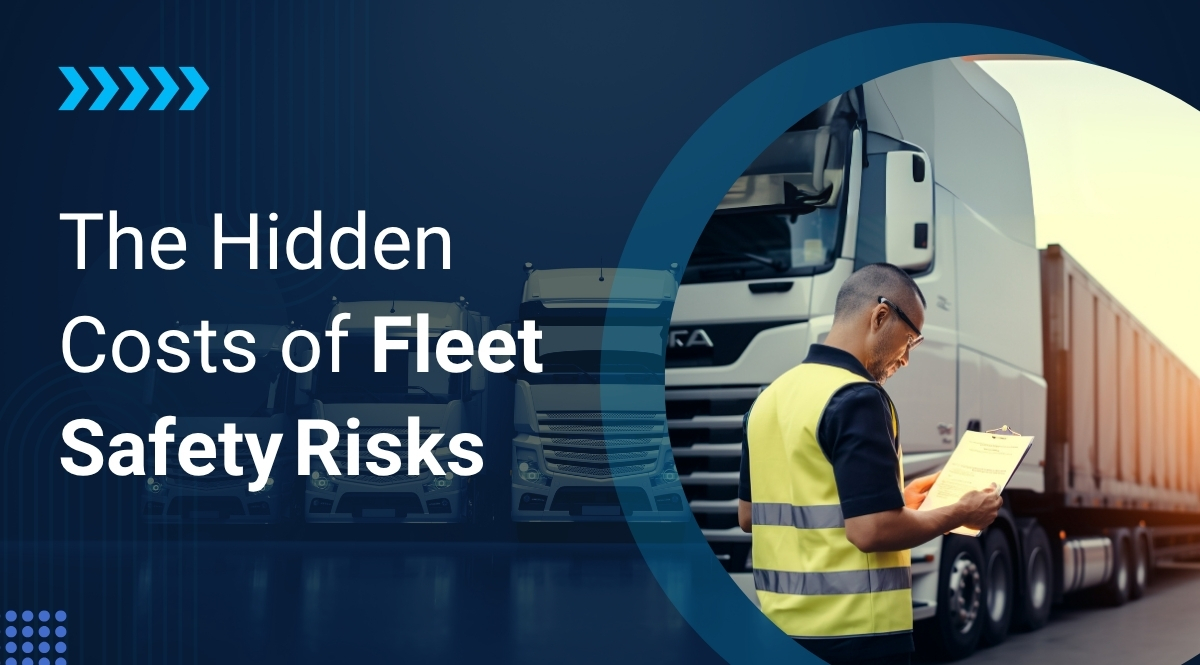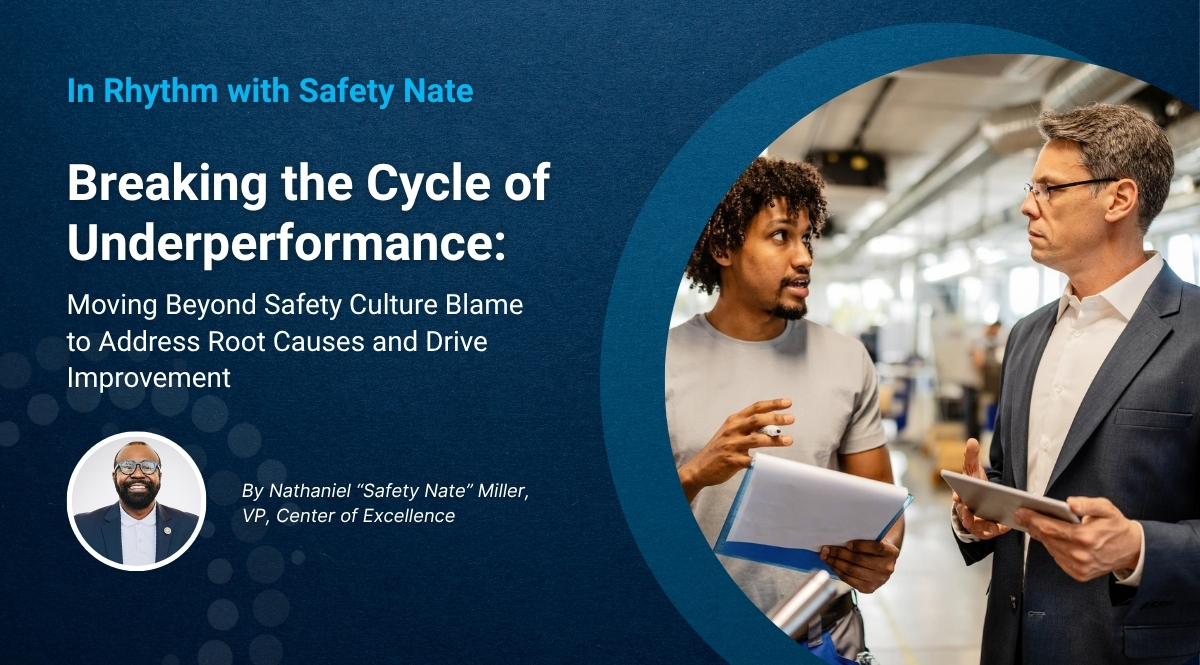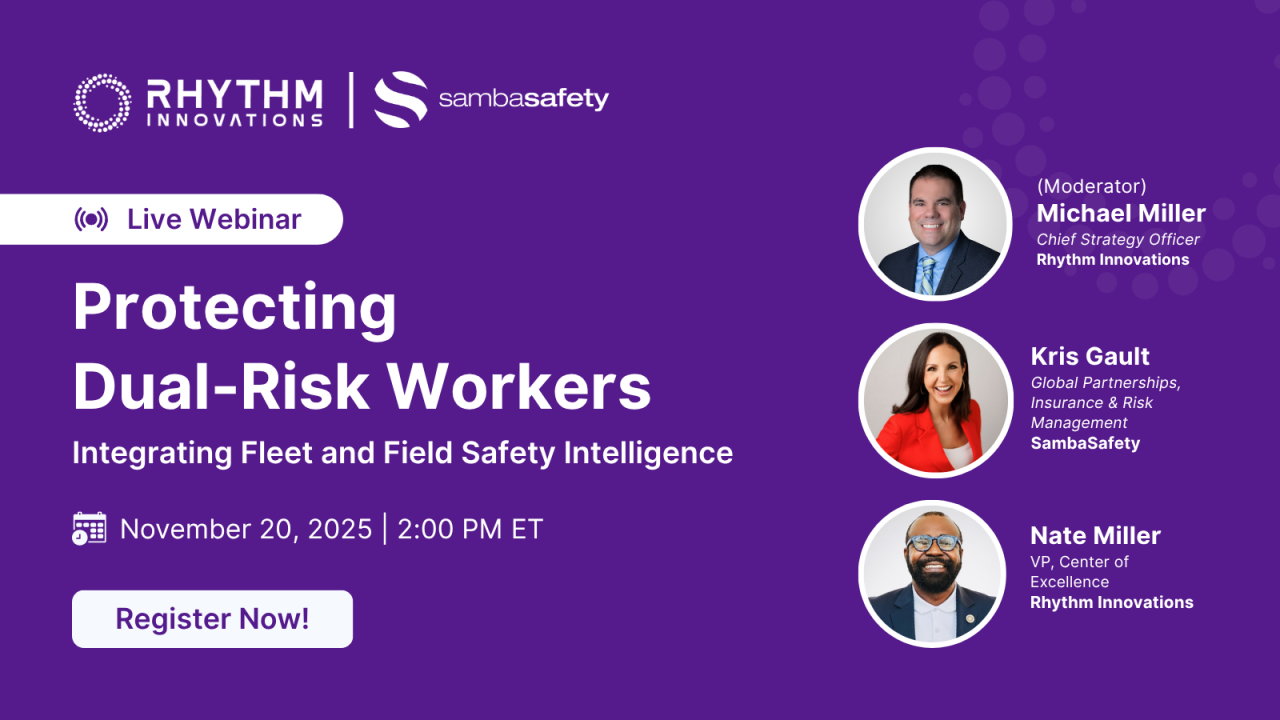Navigating Key Human Rights Regulations That May Affect Your Company
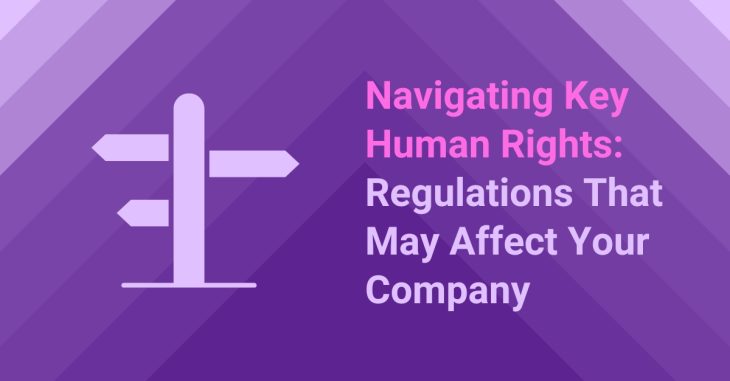
During the past five years, we have witnessed a transformative shift in regulatory trends, particularly with the widespread adoption of legislation mandating Supply Chain Human Rights and ESG Due Diligence (HRDD). This paradigm shift holds significant implications, especially when comparing the United States to other nations. In this blog post, we delve into why addressing this trend should be a top priority for U.S. companies and explore how the regulatory environment in the United States differs from global trends.
HRDD: A Global Transformation
The emergence of global ESG regulations has left an indelible mark on the worldwide regulatory framework, with major economies requiring companies to assess third parties and suppliers for ESG risks. Notable examples include Germany’s Supply Chain Due Diligence Act, the Uyghur Forced Labor Prevention Act in the U.S., and the upcoming Corporate Sustainability Due Diligence Directive in the EU. Financial institutions in Switzerland, France, and Hong Kong face regulations compelling disclosures about efforts to improve ESG records.
Comparing the United States
The United States, with the Uyghur Forced Labor Prevention Act, takes a distinctive approach by presuming that all goods produced in Xinjiang, China, come from forced labor. This stringent stance impacts importation to the U.S., emphasizing the need for due diligence in supply chains. While the U.S. has its unique regulations, the global momentum toward human rights and ESG regulation is evident, with more countries proposing or considering similar legislation.

Ongoing Momentum
The trend towards HRDD does not seem to be slowing down globally, with Canada’s proposed Fighting Against Forced Labour and Child Labour in Supply Chains Act and the UK’s potential Modern Slavery Bill updates. These legislative actions demonstrate a shared commitment across nations to address human rights and ESG issues in supply chains.
Due Diligence Overhaul: A Global Necessity
Responding to HRDD requirements necessitates a comprehensive overhaul of traditional due diligence approaches. Globally, companies are expanding their processes to include assessments of a firm’s ESG record, driven not only by regulatory scrutiny but also by the growing trend where customers, employees, and investors favor firms with a positive societal impact.
Technology’s Role in Global HRDD
Acquiring relevant data for ESG risk assessments is a challenge for companies worldwide. The use of technological tools plays a crucial role in consolidating this data efficiently. Platforms can leverage technology to search across multiple datasets, automating the process of risk assessment and providing ESG ratings for third parties.


